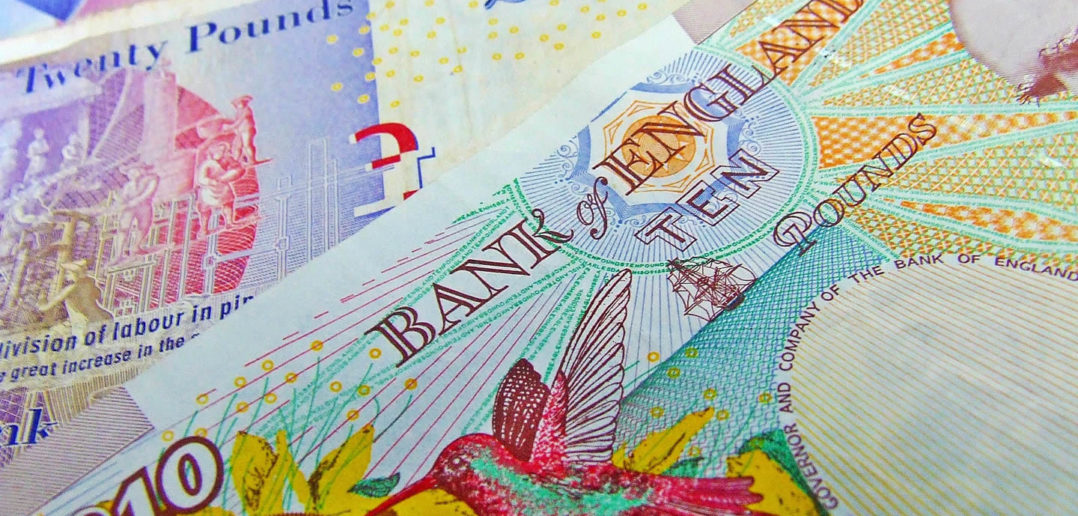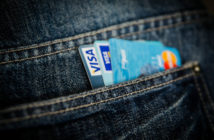As the UK faces a further few months of lockdown, the public are once again turning to the internet for all their shopping and entertainment needs. For most people this shopping online is easy, with ecommerce platforms making it increasingly frictionless for people to part with their money, however if you are someone without a bank account or a credit card trying to buy goods or services online can be a trying experience.
The UK’s financial services industry is arguably the most highly developed in the world, with Britons generally offered more choice and more competitive rates on financial products from bank accounts to credit cards than almost anywhere in the world. However, if you suffer from poor credit or do not have a home address with which the credit rating agencies can match your identity and financial history then you could find yourself a position where cash seems like your only option. And if you rely on cash then ordering online, as we are now recommended to do, is simply not an option.
According to a recent report from UK Finance, 2019 saw credit and debit cards make up over half of all financial transactions in the UK, with cash use in rapid decline. Whilst credit and debit cards have been around for decades, it is the security offered by chip-and-pin and the ease of use introduced with contactless payments that has led to card transactions overtaking cash for the first time. Add to the mix modern banking apps which let customers know how much they are spending and where, and cash starts to feel antiquated by comparison.
After a year of people largely stuck at home and buying online, card use will only have risen in comparison to cash, and that means for those people without access to a bank account or a credit card, how to take part in the digital economy is a difficult question to answer.
One option available to people in this situation is to use PayPal, the online payments service that made Elon Musk a 100 millionaire when it was bought by eBay in 2002, before being spun off as its own company 12 years later. PayPal allows users to send and receive money and pay for items online without the need for a bank account or credit card, often integrated into ecommerce stores for payments with just a couple of clicks. Without a bank account attached, PayPal users cannot take their money out of PayPal, but for those wanting to be able to access online services without a card PayPal is one of the most popular options.
Somewhat more cash-based is Paysecure, which is also integrated with a growing number of online platforms. Instead of offering an online alternative to banks, Paysecure offers two products – Paysafecard and Paysafecash – which allow people to pay with cash for their online purchases. With Paysafecash, people shopping on Amazon can choose this option at checkout and they will be sent a barcode bill via email or text message instead of adding their credit card number, which they can then pay in cash at participating retailers like Co-Op and Nisa. Alternatively, Paysafecards work essentially like gift cards, which can be bought in cash at values up to £175, and then redeemed online at a wide variety of places from games stores like Steam, or via gambling comparison sites like WDW Bingo, or streaming services like Spotify.
Between PayPal and Paysecure, many more people are able to buy goods and services online, but these services are not accepted everywhere – in particular many major supermarkets only accept debit or credit cards as payment options. As the UK economy becomes increasingly digital, we should be careful not to exclude those without access to bank accounts or credit cards from the future.




